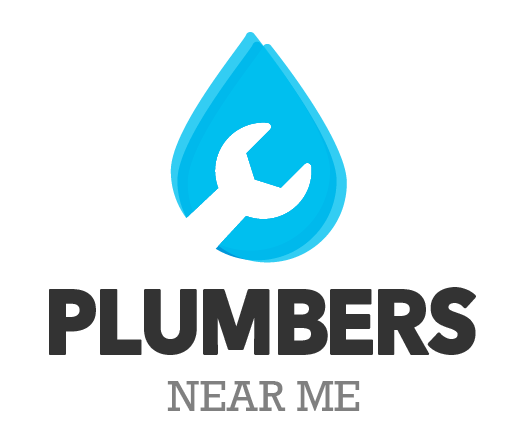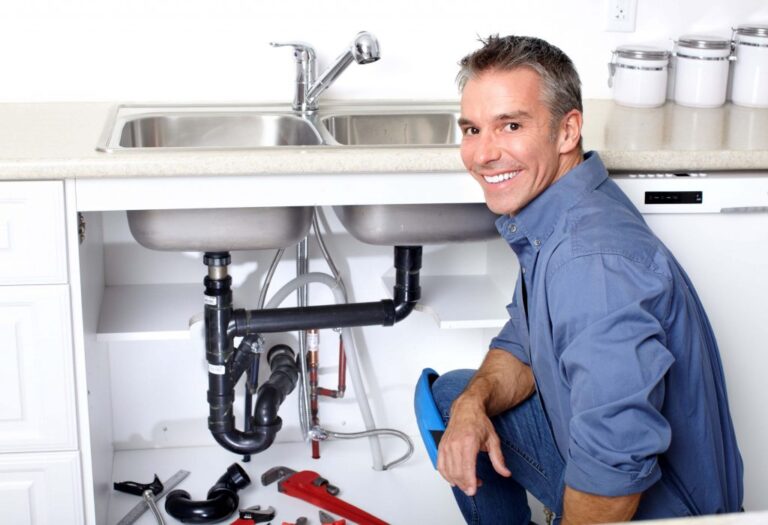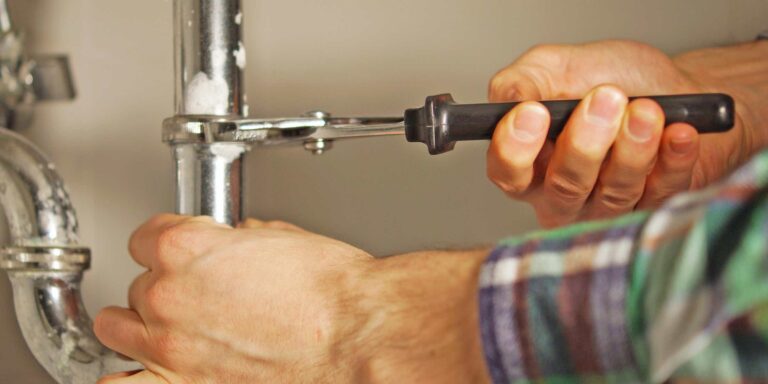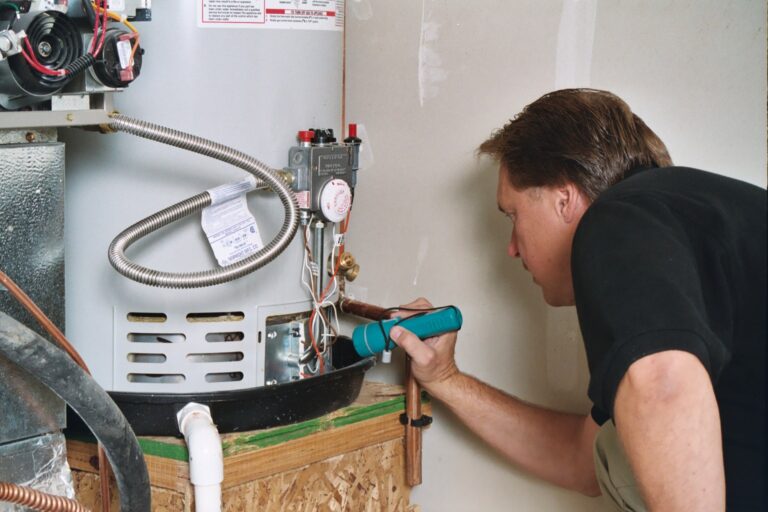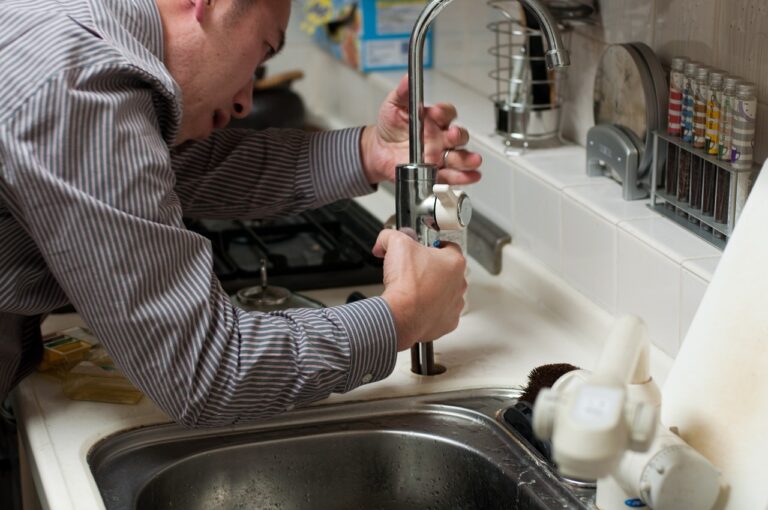Common office plumbing issues
If you’re having problems with your office plumbing, you’re not alone. Common issues can include clogged toilets, slow drains, and leaks. These problems can be frustrating and disruptive to your business. But there are some simple things you can do to fix them. Toilet clogs are one of the most common office plumbing issues. They can be caused by anything from too much toilet paper to Toys getting flushed down the toilet. If you have a clog, you can try using a plunger to get it unstuck. If that doesn’t work, you may need to call a plumber to clear the line. Slow drains are another common issue. They can be caused by hair, soap scum, or grease build-up. You can try to clear the drain yourself with a plunger or a plumber’s snake. But if the problem is severe, you may need to have the drain professionally cleaned. Leaks can be a major problem in any office. They can cause water damage, mold, and structural problems. If you have a leak, you should call a plumber right away. But there are some things you can do to prevent leaks in the first place. Make sure all the pipes and fixtures in your office are in good working order. And be sure to fix any leaks as soon as you notice them. If you’re having problems with your office plumbing, there are some simple things you can do to fix them. But if the problem is severe, you may need to call a plumber.
1. Clogged Sinks and Toilets
If your home has a septic tank, you know that clogged drains and toilets are a reality. A septic tank will eventually fill up with solid waste and need to be emptied. This is an expensive and messy job, so it is important to avoid clogs in the first place. Here are some tips to keep your drains and toilets clog-free: • Don’t pour grease or oil down the drain. Grease will solidify in the septic tank and can cause clogs. • Use a drain strainer in your sink to catch food particles and other debris. Clean the strainer regularly and dispose of the waste in the trash. • Don’t flush anything other than toilet paper down the toilet. feminine hygiene products, diapers, and paper towels will not break down in the septic tank and can cause clogs. • Have your septic tank pumped every 3-5 years to prevent it from becoming full of solid waste. If you follow these tips, you can avoid costly septic tank problems and keep your drains and toilets flowing freely.
2. Leaking Faucets and Pipes
The U.S. Environmental Protection Agency (EPA) estimates that the average American family uses 300 gallons of water per day. A significant portion of that water is wasted due to leaks in the home. In fact, the EPA estimates that 10,000 gallons of water are wasted every year due to leaks in the home. Leaks can occur in both the plumbing system and the fixtures in your home. Faucets and pipes are the most common places for leaks to occur. Faucet leaks can be caused by a variety of factors, including a worn washer, a loose packing nut, or a cracked valve seat. Pipe leaks can be caused by a variety of factors, including corrosion, improper installation, or damage from freeze/thaw cycles. Most leaks can be fixed relatively easily and inexpensively. However, if a leak is not fixed, it can cause significant water damage to your home. In addition, leaks can waste a significant amount of water, which can lead to higher water bills. If you suspect that you have a leak, it is important to have it fixed as soon as possible. There are a number of ways to find leaks in your home. You can check your water meter to see if it is running when no water is being used. You can also check for water stains on walls, floors, or ceilings. If you do find a leak, it is important to have it fixed by a qualified plumber. Leaks can be a nuisance, but they can also be a serious issue. If you have a leak in your home, be sure to have it fixed as soon as possible.
3. Poor Water Pressure
in Your Home There are a number of reasons why you might be experiencing poor water pressure in your home. It could be an issue with your water main, a clogged pipe, or a problem with your water heater. Whatever the cause, there are a few things you can do to try and fix the problem. If you suspect that your water main is the culprit, you should contact your local water company. They will be able to tell you if there are any issues with the main line and how to fix them. If the problem is a clogged pipe, you might be able to clear it yourself. Start by checking all of the faucets in your home to see if the water pressure is low. If it is, there is probably a clog somewhere in the system. You can try using a plunger or a plumber’s snake to clear the blockage. If neither of these solutions work, you might need to replace your water heater. An old or malfunctioning water heater can cause low water pressure. Call a plumber to come take a look at your water heater and see if it needs to be replaced.
4. Noisy Pipes
If your pipes are creating a lot of noise, it could be due to a variety of reasons. Pipes can become noisy for many reasons, some of which are easily fixed while others may require the help of a professional. Whether your pipes are banging, humming, or whistling, these tips will help you troubleshoot the issue so you can get your pipes back to being quiet again.
One common reason for noisy pipes is water pressure that is too high. When water pressure is high, it can cause the pipes to bang against the walls or floors, which creates a loud noise. You can adjust the water pressure yourself by turning the knob on the main water valve until the noise stops. If you’re not comfortable adjusting the water pressure yourself, you can call a plumber to do it for you.
Another possible reason for noisy pipes is because of something called “water hammer.” Water hammer occurs when there’s a sudden change in water pressure, which causes the pipes to bang against each other or the walls. This usually happens when you turn off a faucet or flush a toilet. To fix this, you can install a water hammer arrestor, which is a device that goes inline with your pipes and absorbs the shock from the sudden pressure changes.
Pipes can also hum or whistle if they’re not properly vented. When air can’t escape your pipes, it causes them to make a humming or whistling noise. You can fix this by opening up the vents under your sink or in your crawl space. If you have a forced-air heating or cooling system, you may also need to adjust the vents in those systems.
If your pipes are still making noise after trying these troubleshooting tips, it’s time to call a plumber. They can help you figure out what’s causing the noise and make the necessary repairs.
5. Sewage Backups
A sewage backup is one of the most unpleasant and dangerous things that can happen in your home. When sewage backs up into your home, it can bring harmful bacteria and contaminants with it, posing a serious health hazard to you and your family. Here are some things you need to know about sewage backups and how to deal with them. The first thing you need to do if you have a sewage backup is to evacuate the premises immediately. Do not try to clean up the mess yourself – this is a job for professionals. Once everyone is safely out of the house, call a sewage cleanup company to come and take care of the problem. While you are waiting for the professionals to arrive, try to ventilate the affected area as much as possible to prevent the spread of harmful bacteria. Open windows and doors, and turn on fans or air conditioners to circulate the air. Once the sewage cleanup company arrives, they will assess the damage and develop a plan to clean and disinfect the affected area. This may involve removing contaminated materials and cleaning surfaces with powerful disinfectants. After the cleanup is complete, the affected area will need to be thoroughly dried to prevent mold and mildew from developing. This may require the use of fans, dehumidifiers, or other drying equipment. Sewage backups are a serious problem that should be handled by professionals. If you have a sewage backup in your home, make sure to evacuate the premises immediately and call a sewage cleanup company to take care of the problem.
6. Flooding
: Flooding is one of the most common and costly natural disasters in the United States. According to the National Flood Insurance Program, floods are the number one natural disaster in terms of property damage, accounting for $3.5 billion in damages each year. While flood damages can be devastating, there are steps you can take to minimize your risk. Here are a few things you can do to protect your property from flooding: -Elevate your home or business: This will help to protect your property from floodwaters and reduce the amount of damage that can occur. -Install a sump pump: A sump pump can help to remove water that has already entered your property and prevent further flooding. -Create a barrier: Barriers, such as sandbags, can help to stop floodwaters from entering your property. -Move valuables to higher ground: If flooding is imminent, move valuables and important documents to a higher level in your home or business to prevent them from being damaged. By taking these precautions, you can help to reduce the risk of flooding and the resulting damage.
